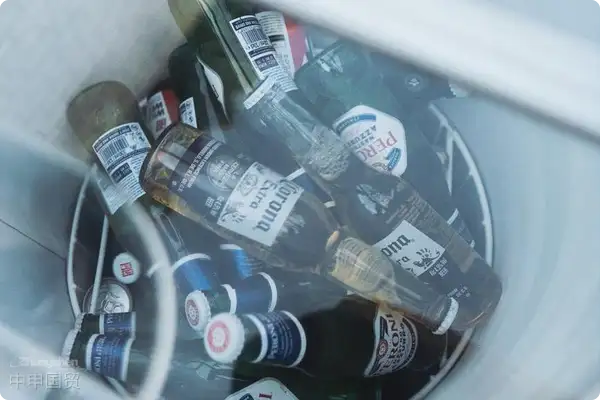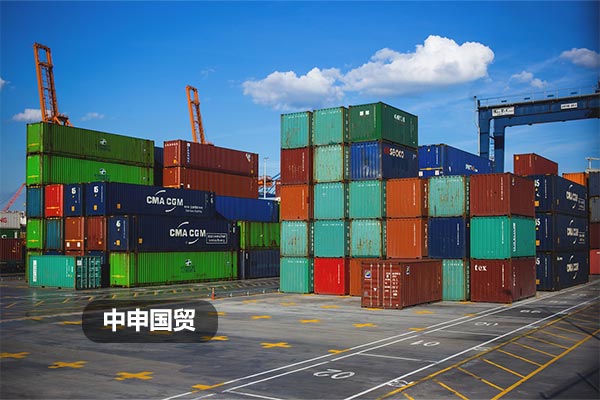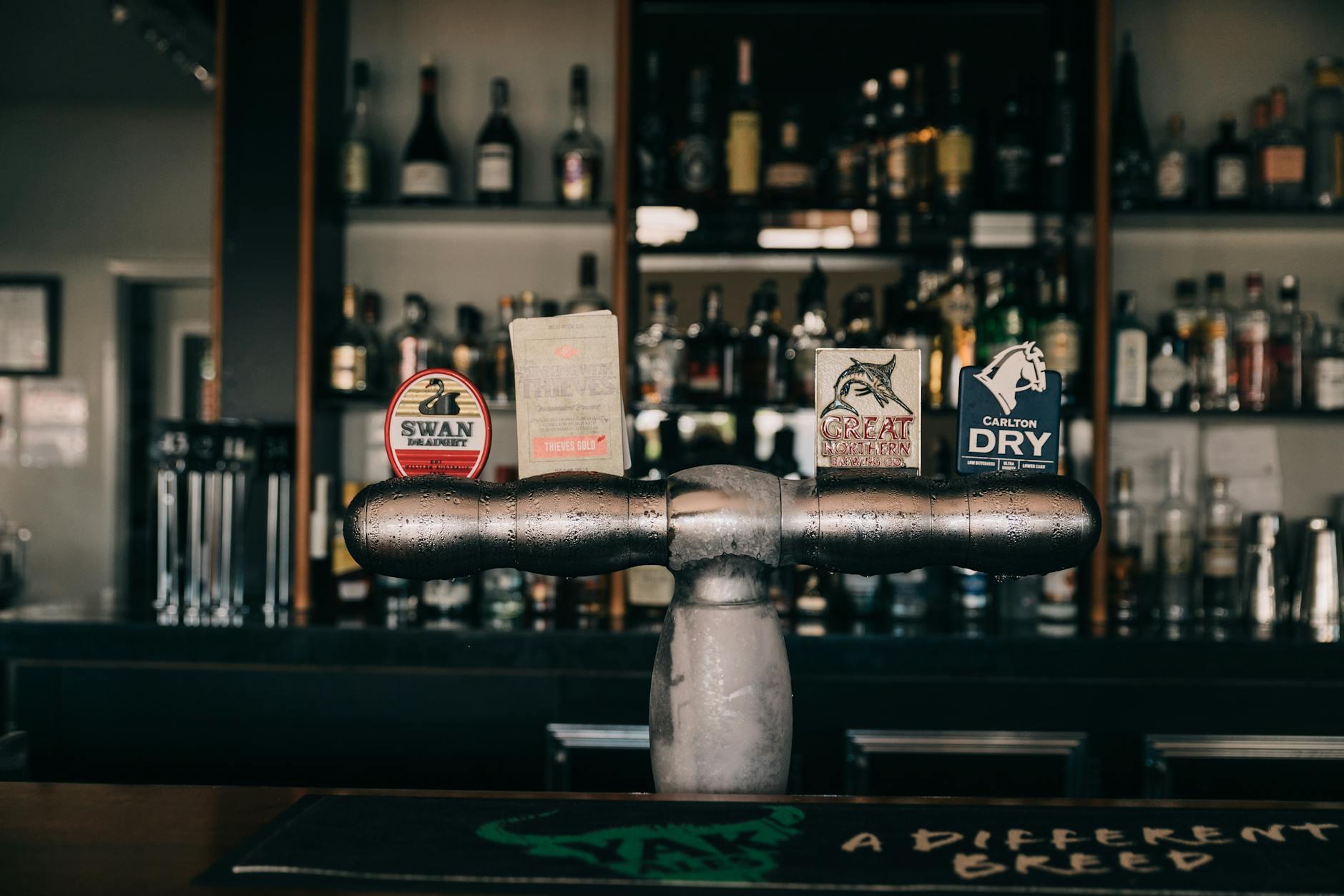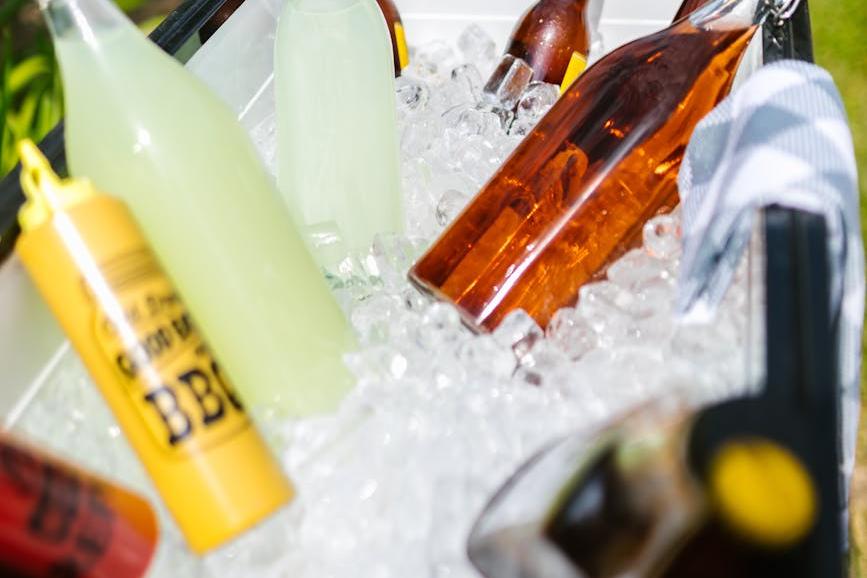- Shanghai Zhongshen International Trade Co., Ltd. - Two decades of trade agency expertise.
- Service Hotline: 139 1787 2118

The Cross-Border Code Hidden in the Beer Barrel
When we enjoy chilled German beer at a barbecue stand, few realize that this amber liquid has traversed an 8,000-kilometer supply chain. As a professional with twenty years of experience in the industry,foreign trade"Old Sailor," today we'll take you through the six key checkpoints for importing German beer.
Product selection is not like grocery shopping: Decoding the regional codes of German beer.
A recipe that wins awards at Oktoberfest might turn into a slow seller in the Chinese market. Last year, a client insisted on introducing a certain Bavarian smoked beer, only to face a Waterloo due to its distinctive burnt flavor. Suggested focus:
- Regional adaptability: The acceptance rate of wheat beer in South China is as high as 78%.
- Packaging form:The breakage rate of 330ml cans is 40% lower than that of 500ml glass bottles.
- Production cycle: Be aware of the collective vacation season for German breweries in July-August.
Qualification Review: A More Stringent Checkpoint Than Beer Foam.
Last year, an importer had to store €200,000 worth of beer in a bonded warehouse for three months due to the lack of a liquor monopoly certificate. Required documents include:
| Indicate the proportion of alloying elements (e.g., 6061 aluminum contains 1% magnesium) | Acquisition channel | Validity Period |
|---|---|---|
| It is recommended to verify through the following methods:Technical data | Local Chamber of Commerce in Germany | 6 months |
| Health certificate | Official inspection agency | Batch by batch |
| Chinese back label | Pre-registration | permanent |
Logistics Solution: A More Complex Transportation Network Than Hops
During last year's Christmas season, a certain customer opted for rail transport but encounteredChina-Europe Railway ExpressA margin call caused the beer to miss the peak sales season. Recommended combination plan:
- Maritime Transportation: A 40-foot high cube container can hold 54,000 cans, offering the lowest cost but requiring 45 days.
- Railway: Lead time 18-22 days, suitable for small to medium batch production.
- Air Transportation: Used for emergency replenishment, the freight cost is 8 times that of sea shipping.
Three Common Questions About Customs Clearance
Q: What should I do if the beer has a short shelf life?
A: Use pre-cooled cabinets for transportation, with the temperature controlled at 4-8°C throughout the entire process.
Q: How are tariffs calculated?
A: The comprehensive tax rate is approximately 46.7% (10% tariff + 13% VAT + 20% consumption tax).
Q: Can I return the shipment if there are quality issues?
A: The application must be submitted within 30 days of arrival, and the return cost is typically 35% of the cargo value.
Business Wisdom Hidden in the Aroma of Malt
I remember back in 2015 when I was representing a certain brand, I almost had the customs classify it as smuggling because I didn’t understand the German beer grading system and declared a reserve-grade beer as a regular one. The real threshold in this industry often lies in those unseen details on the customs declaration forms.
When you're ready to start your German beer import business, ask yourself first: Are you prepared for unexpected shipping delays? Can you quickly identify brewing information on the labels? Have you established contingency plans for quality inspection risks? These questions may determine the success or failure of your business more than the product selection itself.
Related Recommendations
? 2025. All Rights Reserved. Shanghai ICP No. 2023007705-2  PSB Record: Shanghai No.31011502009912
PSB Record: Shanghai No.31011502009912










